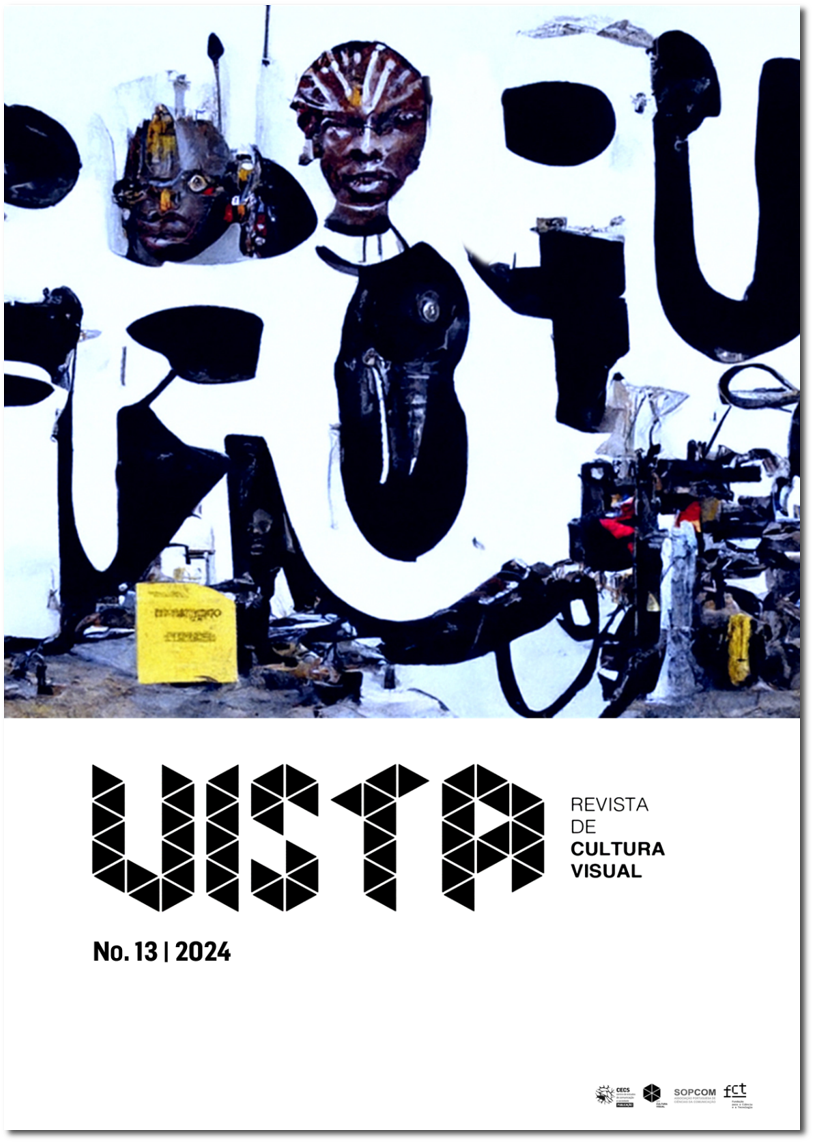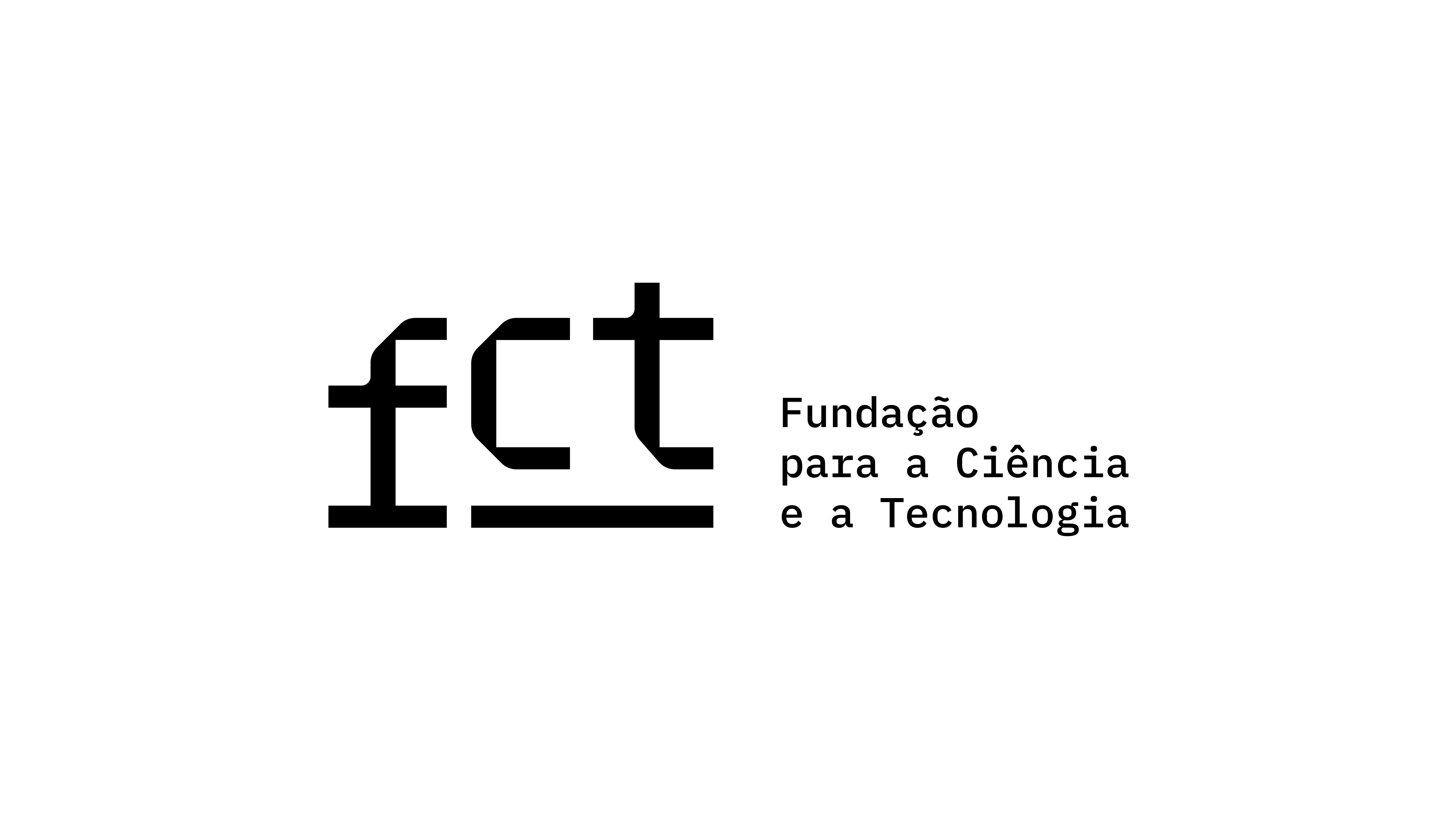Armando de Almeida. A Lesson in Resistance in Portuguese Running Culture
DOI:
https://doi.org/10.21814/vista.5525Keywords:
Armando de Almeida, anti-racism, archive, running culture, visual cultureAbstract
In March 1913, Armando de Almeida won the "Semana Desportiva" (Sports Week) marathon organised by the newspaper O Mundo. In May of the same year, he repeated the feat by winning the marathon at the National Olympic Games, then the most important athletics competition in the country. For these victories, he was considered the national marathon champion for 1913 by the Federação Portuguesa de Atletismo (Portuguese Athletics Federation). It is worth noting that the Federação Portuguesa de Atletismo only formally existed in 1921. Against the backdrop of significant political and social upheaval and within an elitist and largely unstructured ecosystem, Armando de Almeida stood out among the core group of athletes participating in these new forms of leisure and mass cultural demonstrations — long-distance pedestrian races. His active involvement in the running culture of the metropolis coincided with the emergence and growth of the Black movement (1911–1933) — which pioneered political activism against racism in Portugal.
This text delves into the recovery of photographs and narratives from the early days of Portuguese athletics, aiming to biograph Armando de Almeida. Through an exercise of empathy and activism, it contributes to the debate, counteracting historical oversights and invisibilities. Additionally, it attempts to reconstruct the connections between the athlete's emancipatory endeavours and the organisation of political and social movements during the turbulent period of the First Republic. Set in the capital of a colonial empire with a notable presence of people of African descent, it explores this centuries-old historical phenomenon.
Downloads
References
A “Taça Rui da Cunha”. (1913, 22 de março). Os Sports Illustrados, (143), 4.
A Semana Sportiva do “Mundo”. (1913, 17 de março). O Mundo, (4497), 1.
Almeida, D. P. (2023). O que é ser uma escritora negra hoje, de acordo comigo. Companhia das Letras.
Andrade, S. (2010). Os recordes nacionais de atletismo e outras histórias. Prime Books.
Armando Almeida. (s.d.). In wikiSporting. Retirado a 9 de novembro de 2022, de https://www.wikisporting.com/index.php?title=Armando_Almeida
Associação dos Amigos da Torre do Tombo. (s.d.). Companhia de Moçambique / Grupo entreposto comercial de Moçambique. Retirado a 8 de novembro de 2022, de https://www.aatt.org/site/index.php?op=Nucleo&id=1640
Braden, S. (1983) Committing photography. Pluto Press.
Cabecinhas, R. (2007). Preto e branco. A naturalização da discriminação racial. Campo das Letras.
Camanho, L. (2021). Uma espécie de imprevisibilidade continuada. Doctor Tiger, 4, 47–52.
Campany, D., & Wolukau-Wanambwa, S. (2022). Indeterminacy: Thoughts on time, the image, and race(ism). Mack.
O campeão da maratona Armando d’Almeida faleceu. (1918, 14 de agosto). Diário de Notícias, (18948), 3.
Cardão. M. (2020). Fado tropical. O luso-tropicalismo na cultura de massas (1960-1974). Livraria Tigre de Papel.
Cardina, M. (2023). O atrito da memória: Colonialismo, guerra e descolonização no Portugal contemporâneo. Tinta-da-China.
Cardoso, C. P. (2001). História do atletismo em Portugal. CTT.
Carneiro. J., Camanho, L., & Marques, S. L. (2022, 5–7 de dezembro). Armando de Almeida, o “negro invencível”, um campeão ausente na “história dos vencedores”. Lições de resistência e contra-memórias na cultura de corrida portuguesa [Apresentação de comunicação]. VIII Congresso Internacional sobre Culturas, Braga, Portugal.
Carreira, J. S. (1949). A corrida de maratona na história do atletismo português. In Separata do Boletim da Direcção Geral de Educação Física, Desportos e Saúde Escolar. DGEFDSE.
Casimiro, G. (2023). Estendais. Caminho.
Castelo, C. (2013, 5 de março). O luso-tropicalismo e o colonialismo tardio português. Buala. https://www.buala.org/pt/a-ler/o-luso-tropicalismo-e-o-colonialismo-portugues-tardio
Castelo, C. (2022, 5 de janeiro). Regressar a África ou ficar na metrópole: Agência negra e constrangimentos (1.ª metade do século XX). Buala. https://www.buala.org/pt/a-ler/regressar-a-africa-ou-ficar-na-metropole-agencia-negra-e-constrangimentos-coloniais-1-metade-d
Césaire, A. (2022). Discurso sobre o colonialismo, seguido de discurso sobre negritude (D. Paiva, Trad.). VS. Editor. (Trabalho original publicado em 1950)
Companhia de Moçambique. (1929). Portugal: A Companhia de Moçambique: Monografia para a exposição portuguesa em Sevilha. Imprensa Nacional de Lisboa.
Domingos. N. (2011). O desporto e o império português. In J. Neves & N. Domingos (Eds.), Uma história do desporto em Portugal. Volume II – Nação, Império e Globalização (pp. 51–107). QuidNovi.
Fernandes, A. M. (2010). Cem anos de maratona em Portugal. Xistarca.
Garção, M. (1913, 17 de março). Notas á margem. O Mundo, (4497), 1.
George. J. P. (2023). O império às costas. Retornados, racismo e pós-colonialismo. Objectiva.
Gilmore, R. W. (2023). Abolition geography. Essays towards liberation. Verso.
Hall, S. (2003). Representation: Cultural representations and signifying practices. SAGE.
Hasse, M. (1999). O divertimento do corpo - Corpo, lazer e desporto na transição do séc. XIX para o séc. XX, em Portugal. Editora Temática.
Jornal de Sport. (1914, 8 de agosto). (5), 2.
Kilomba, G. (2019). Memórias da plantação. Episódios de racismo quotidiano (N. Quintas, Trad.). Orfeu Negro. (Trabalho original publicado em 2008)
Maurício, C. (2005). A invenção de Oliveira Martins. Política, historiografia e identidade nacional no Portugal contemporâneo. Imprensa Nacional – Casa da Moeda.
Mbembe, A. (2021). Brutalismo (M. Lança, Trad.). Orfeu Negro. (Trabalho original publicado em 2020)
Moreira, C., & Rosado, C. (1913, 15 de junho). Depois de repetida a corrida da marathona é rijamente disputada e decorre com toda a regularidade. Tiro e Sport, (512).
Morte do corredor portuguez Armando d’Almeida. (1918, 15 de agosto). A Capital, (2868), p. 2.
O negro invencivel. (1913, 10 de maio). Os Sports Illustrados, (150), 4.
Os negros triunfam. (1913, 1 de abril). A Voz D’Africa, (15), 2.
Pasley, J. (2019, 9 de novembro). Inside Kenya’s Rift Valley, which produces the world's best marathon runners year after year. Business Insider. https://www.businessinsider.com/rift-valley-kenya-training-ground-world-best-runners-2019-11
Pereira, A. M. (1998). Parceria A. M. Pereira — Crónica de uma dinastia livreira. Pandora.
Relvas, E. (2014). Eleições municipais em Lisboa na Primeira República (1910–1926) [Tese de doutoramento, Universidade Nova de Lisboa]. run. http://hdl.handle.net/10362/14493
Roldão, C., Pereira, J. A., & Varela, P. (2023). Tribuna negra. Origens do movimento negro em Portugal (1911-1933). Tinta-da-China.
Rosas, F. (2010). Lisboa revolucionária, 1908 –1975. Tinta-da-China.
Sampaio, M. A. R. (1898). A Gorongóza. O seu presente e o seu futuro. Typographia Lusitana.
Sarr, F. (2022). Afrotopia (M. Lança, Trad.). Orfeu Negro. (Trabalho original publicado em 2016)
Semana Desportiva do “Mundo”. (1913, 31 de março). Tiro e Sport, (507), 1.
Semana Sportiva do ‘Mundo’. Depois das provas. (1913, 19 de março). O Mundo, (4499), 3.
Silva, D. F. (2022). Homo modernus – Para uma ideia global de raça. Cobogó.
Tavares, E. (2010). Retratos do povo. In J. Neves (Ed.), Como se faz um povo: Ensaios em história contemporânea de Portugal (pp. 401–414). Tinta da China.
Um grande atléta. (1913, 10 de maio). Os Sports Illustrados, (150), 4.
Uma tentativa coroada de exito. (1913, 17 de março). O Mundo, (4497), 1.
Varela, P., & Pereira, J. A. (2020). As origens do movimento negro em Portugal (1911-1933): Uma geração pan-africanista e antirracista. Revista de História, (179), a04119. https://doi.org/10.11606/issn.2316-9141.rh.2020.159242
Vasconcelos, A. (2022). Memórias em tempo de amnésia (Vol. 1). Edições Afrontamento.
Zaccaro, N., & Carneiro, D. (2020, 9 de fevereiro). Luiz Antônio Simas: Bato tambor, logo existo. Revista Trip. https://revistatrip.uol.com.br/trip/luiz-antonio-simas-bato-tambor-logo-existo
Downloads
Published
How to Cite
Issue
Section
License
Copyright (c) 2024 Luís Camanho, José Carneiro, Susana Lourenço Marques

This work is licensed under a Creative Commons Attribution 4.0 International License.
Authors own the copyright, providing the journal with the right of first publication. The work is licensed under a Creative Commons Attribution 4.0 International License.













